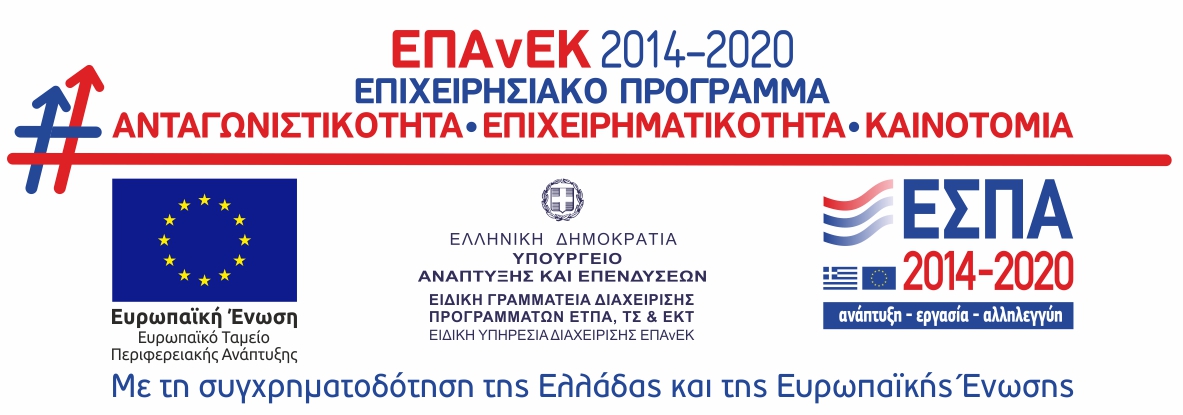ANSWER: Try our activity titled “My Relaxing Summer Experience: A Post-Summer Break Guided Composition”. It is appropriate for B1 and above learners. Aside from providing them with vocabulary recall and in-class writing practice as you requested, this activity can be extended to class project work requiring learner poster or powerpoint presentations.
We may make fun of a language teacher’s lack of imagination in setting a writing task: “Write about what you did last weekend (or on your summer holiday).” One can picture some learners rolling their eyes and reluctantly picking up their pens as their minds draw a blank. Actually though, if handled as we suggest below and as a topic, writing about a past experience can inspire creativity and is ‘appropriate’ for any learners’ age, experience and language level. Also, it has the magic of personalization. In this in-class, guided writing activity, learners enjoy taking their “literary journey” step-by-step with the teacher’s guidance (especially after a long, hot summer away from paper and pen!)
(1) Put the title on the board: “My __________Summer Experience”. Then, ask the learners to brainstorm 10-12 adjectives they might use to describe their summer holiday. (e.g. exciting, restful, enjoyable, pleasant, tiring, boring, horrible, adventure-filled, lazy, stimulating, unforgettable…) As they say them to the plenary, list them on the board. Ask each learner to choose one of the listed adjectives to put in the title of his/her composition.
(2) In pairs, learners can tell each other the name(s) of the place(s) they stayed or visited over the summer. If they remained at home, ask them to tell their partner some of the places they went to (a cinema, a friend’s house, the seaside…). Once pairs report back with the place names, ask that they work in pairs again to brainstorm descriptive adjectives of their places. Again, as they report their adjectives, you can make a second list on the board (and add additional ones, if needs be!)
(3) Ask the learners to note down the date(s) and duration of their visit to their summer holiday destination. For those who didn’t travel, ask them to note down the day(s) of the special summer events they enjoyed in town.
(4) Here we ask that learners think about the adjective they chose for their title. They will write the reason(s) why they characterized their holiday as such.
NOTE: The above steps correspond to the following questions:
(1) WHAT? (2) WHERE? (3) WHEN/HOW LONG? (4) WHY?
SAMPLE: My Relaxing Summer Experience
I spent time on a lonely beach on a beautiful faraway island in the Aegean.
A week was enough to make me feel relaxed and ‘renewed’.
Being near the sea and having some quiet time to oneself is great for relaxing.
EXTENSION: After you’ve collected and corrected (using a Correcting Code) your learners’ compositions, ask that they make either posters or powerpoint presentations with photos/images of the places they were and the activities they participated in over the summer. Limit the images to 3-5 and ask that each image be presented with a sentence from their corrected compositions. Organize a part of the lesson to have presentations or displays of the learners’ work to give them an opportunity to share their summer experiences, in English, with their peers.

